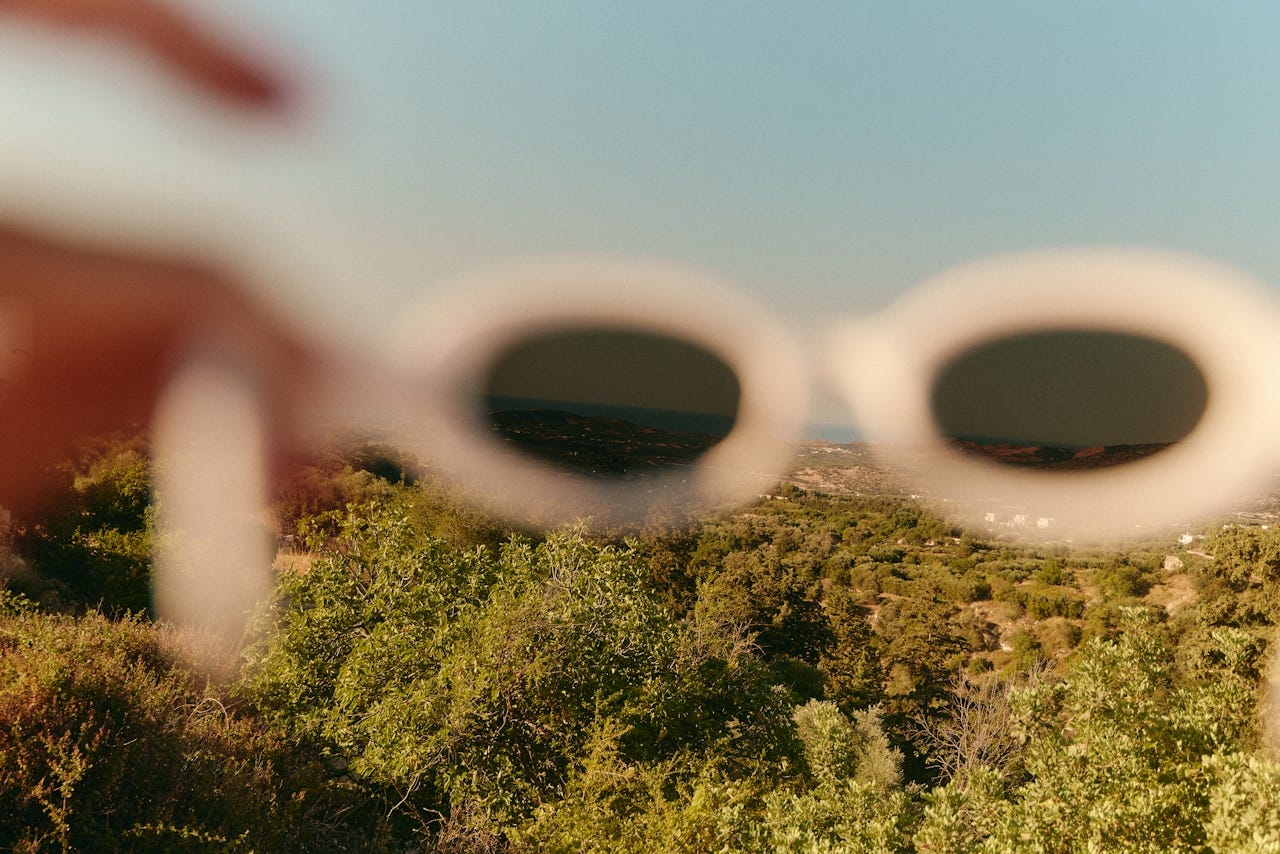Homesick for the ground you walk on
Reckoning with the systems in which we find ourselves
“The more I try to examine the present as an historical entity, the more it seems confusing, unbelievable, and incomprehensible. It forces me to accept a set of axioms for which I find no parallels in past societies and displays a puzzling kind of horror, cruelty and degradation with no president in other historical epochs.
To give a very superficial example, just because it comes readily to mind, think of the polarization of incomes over the last twenty years all over the world, not just in the United States, but much more violently in the world at large. I recently saw a statement which inspired confidence that the 350 richest people in the world earn as much as the bottom 65% of the world's people.
..What worries me most about that is not the disparity as such, but the fact that that 65% can no longer live, as they could thirty years ago, without recourse to money. Then, many things were still not monetized; subsistence was still functioning. Today they can't move without buying a bus ticket. They can't get heat in their kitchen by collecting wood but have to buy electricity. How to explain this extraordinary evil?”
(Ivan Illich in Rivers North of the Future, p60–61)
I recently watched the brilliant documentary Yintah, which follows the Wet'suwet'en people's struggle against Canadian State encroachment upon their unceded indigenous territories. Three snapshots are with me today.
One is the arrival of Canadian Police to the territories. They bring a gift: a small crate of bottled water. In exchange, they want to have a conversation with the tribespeople about granting access to the oil and gas company, who want to run a pipeline through the river.
Another is the Canadian Prime Minister Justin Trudeu answering an indigenous protester, by assuring them “I say to you that we will work together…”
The third is the president of Coastal Gas Link who arrives at the tribal governance house on Wet'suwet'en territory, where he situates himself at the front of the room, offering good jobs and good pensions.
What kind of deal at the crossroads is this, seen at three angles?
The Wet'suwet'en make no deals and give no consent. They stand in the roads day and night to prevent access for the pipeline company. Their resistance increases the cost of the pipeline by about ten billion dollars, but they are ultimately brutalised, rounded up at gunpoint, arrested and tried as criminals. The pipeline is rammed through their territory regardless.
Here's Canada, America's righteous twin.
But why would they not want jobs and pensions? Why drink from a river where anything might happen, when you could have bottled water instead? Why not work together with this system that promises to provide all the stuff of life? The CEO appears to be genuinely bemused by their refusal. Their way of life seems incomprehensible to him.
They, on the other hand, see the deal clearly. The bottled water company makes no money out of people who live by a clean river. The bank makes no money out of people who's community structure makes a pension superfluous. A capitalist economy can’t exploit the labour of people who live from the land. First comes colonisation, then dependence and then exploitation.
The radical Catholic priest Ivan Illich rather strikingly describes this pattern as the Anti-Christ (adding, “I know I risk being mistaken for a fundamentalist preacher in applying the monstrously churchy term…”). Why? Because it comes in the guise of service: the world absorbed, even against its will, into dependence on powerful centralised systems, under the flag of progress and development, providing goods and services. For Illich, Western Modernity is this: a corruption of the Christian tradition.

I find myself writing from another end of this story. I have very little relationship with land to lose. Whatever deals were made, or struggles lost, were a long time ago. I have the feeling of missing something I have no memory of. Rowan Williams once called it a homesickness for the rest of creation, which is a bizarre situation: to feel alienated and distant from the very ground one walks upon.
In the New Testament, one beautiful expression for redemption is “the reconciliation of all things.” The Wet'suwet'en struggle on the Yintah is a struggle against the opposite process: a process that divides people from land and from one another, in order to roll out an orderly wealth-generating system. I want to understand how, even here where I am in my small life, I can participate in the reconciliation of all things.
Find out more about the film ‘Yintah’ here, and learn how you can support the Wet'suwet'en struggle here.






